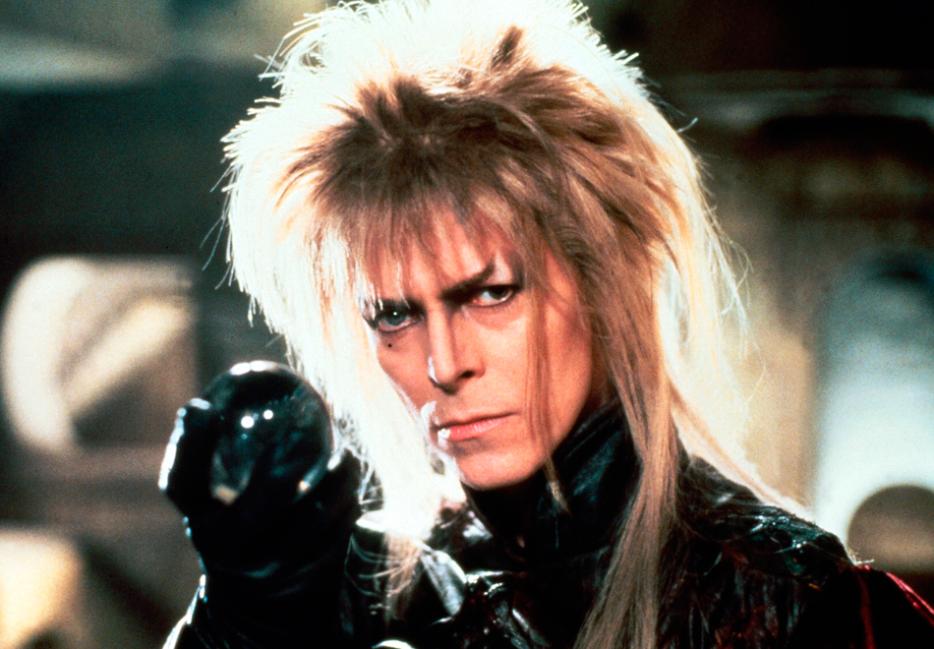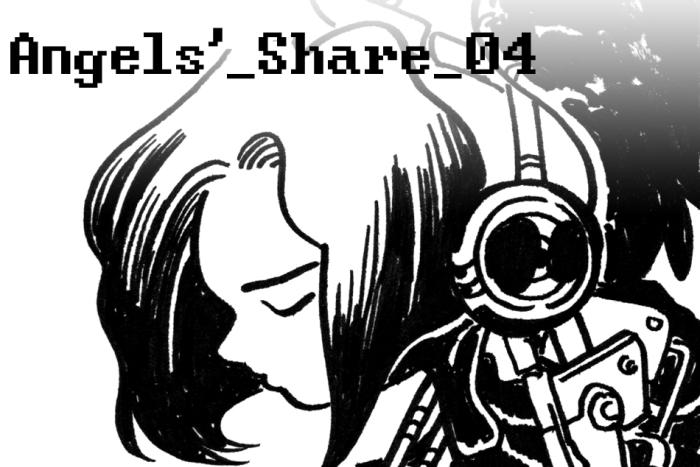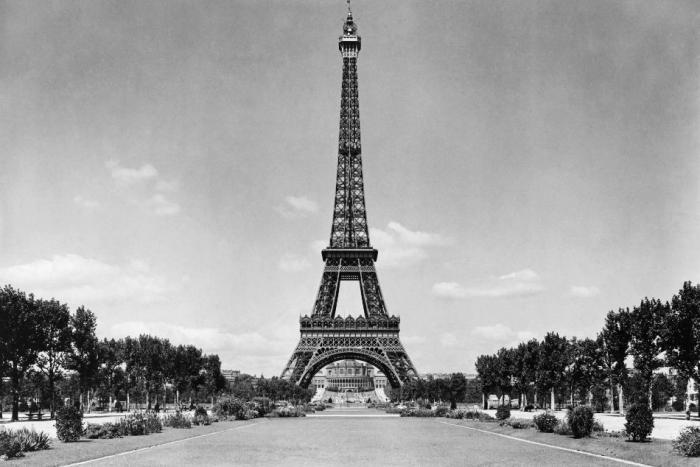It takes 30,000 years for a radio wave to cross the galaxy to Earth, so I can’t quite believe that my dad heard Ziggy Stardust on the BBC in 1972. It was the first album he ever bought. This gave his parents some anxiety, maybe not over the messianic bisexual androgyny so much as my grandfather being the only hard-drinking merchant sailor who hated to spend money. Three decades later I bought him the anniversary reissue as a birthday gift, and then kept asking to borrow it. I was fascinated by how the bombast yielded to fragility, how David Bowie went from a glibly bored hey, man to that comic-book-sized “WHAM BAM,” as if he were the Silver Surfer getting punched through a building. The final string chord in “Rock ‘N’ Roll Suicide,” ascending, disappearing. Eventually my dad said that I should probably just hold onto the thing.
In high school I used to look at the cover of Aladdin Sane with disbelief and longing. I didn’t get the syllable-cracking pun of “Jean Genie,” and if I had known who Genet was I would’ve been too scared to read him. Thinking about gender or sexuality made me miserable, it would for a long time, but that painted face, the lips slightly parted, these I understood. The permission was implicit. Yesterday my friend Leah told me that Aladdin Sane was the first Bowie record she heard: “I was hanging out in a dump of an apartment with a group of speed freaks, and I remember seeing his face on the album cover, and feeling like whatever that was, I wanted it. I was 17, and very lost.” The jagged lightning bolt was an alien sigil neither of us knew how to fully decode—and Bowie’s capricious accounts of his own queerness suggest nobody was ever meant to.
Hilton Als’s postscript called Bowie “that outsider who made different kids feel like dancing in that difference, and who had a genius for friendship, too.” Who else could say they’ve worked with Nile Rodgers, Brian Eno, Catherine Deneuve, Ryuichi Sakamoto, Trent Reznor, Queen, Iggy Pop, Pet Shop Boys, Luther Vandross, and Marlene Dietrich? But musically, that was something of a necessity. Bowie always got outplayed on guitar, and he couldn’t really sing, but he had a great performer’s delivery. Think of his frenzied “tremble like a FLOWWWERRRRRR” on “Let’s Dance,” or the robotic ennui of “D.J.” The long-fingered pasticheur was also generous to collaborators and imitators with his own image, his list of credits extending as far as cyberpunk adventure game Omikron: The Nomad Soul. The most stylish are capable of this largesse: they discard looks and poses for the rest of us to cut apart.
There could be a sinister side to Bowie’s theatricality, a suggestion that makeup and murder are complementary activities.
Michael Jackson was the first pop star I ever loved, but Bowie was the one who alerted me to pop as a medium, its shimmering fields of plastic. Even his most mercenary projects were sincere in the gesture’s moment. When he told Nile Rodgers he wanted to make “a postmodern homage to the Isley Brothers’ ‘Twist and Shout,’” it wasn’t some ironic joke—it was coming from a fan of the Isley Brothers, who knew that any proper tribute would be people dancing, which was why he came to Rodgers. (“The only man who could make me start a song with a chorus,” Bowie later said.) The same hits-craving sessions also spawned “Modern Love,” always a little startling in the karaoke booth: Oh, right, he was doing call-and-response with himself.
His ’90s albums have come into sharpest relief since the news broke, convulsing with electronic distress: “Do you like girls or boys? It’s confusing these days.” I’ve obsessed over the chilled surfaces of Black Tie White Noise, at times the closest Bowie came to making a house record. In Alfred Soto’s beautifully mercurial eulogy—“If I’m gay thanks to Lou Reed, I’m cavalier about it thanks to David Bowie”—he describes the great single “Jump They Say” as a “collision of Nile Rodgers’s rhythm-guitar slink, a wack trumpet solo, and Bowie’s own saxophone. Nothing on college radio churned like this.” Black Tie White Noise brings to mind a worldly sophisticate shutting their eyes against a panic attack.
Bowie took up acting more seamlessly than any star of his era, even for bad directors—Julian Schnabel’s Basquiat grows a little enigmatic whenever he appears, playing Warhol as a tender vampire. You could write a long essay about his music alone on film. “Modern Love” sets Denis Lavant racing in Mauvais sang, leaping out as if shot, doing somersaults just to slow himself down; and in Frances Ha Greta Gerwig dances across Manhattan to the same song, grinning uncontrollably, a pirouette through the traffic. Tarantino sought out “Cat People” for its sublimated violence: Melanie Laurent adorns herself with half a dozen shades of crimson, fingers bladed. There could be a sinister side to Bowie’s theatricality, a suggestion that makeup and murder are complementary activities. His new album Blackstar (it still feels uncanny to type that) works images of execution and skulls into eerie filigrees. The final track “I Can’t Give Everything Away” fades out over thirty seconds, as Bowie sweeps the floor, glances in the mirror, and climbs through the skylight.
But that’s not the pose I want to remember him by. I’ve been staring at photos of Bowie and Elizabeth Taylor that Terry O’Neill shot in 1975. He’s scarily lithe, subsisting mostly on drugs at this point, writing couplets such as “it’s not the side effects of the cocaine / I’m thinking that it must be love.” She was attempting her last doomed reconciliation with Richard Burton, and the other roles were disappearing. Fedora cinched down, she resembles a camp detective. Liz presses her cigarette to David’s lips. The camera catches his nervous laugh as she takes it back. Held as one might grab for a wispy accessory, beneath her amused but indulgent gaze, Bowie’s face mimes a smile. We like dancing and we look divine. Liz Taylor was no shapeshifter. If her body was made into theatre, she never got to write it. But didn’t her eyes seem alien too? In that desolate moment, these two oddities contrived a form of grace.






